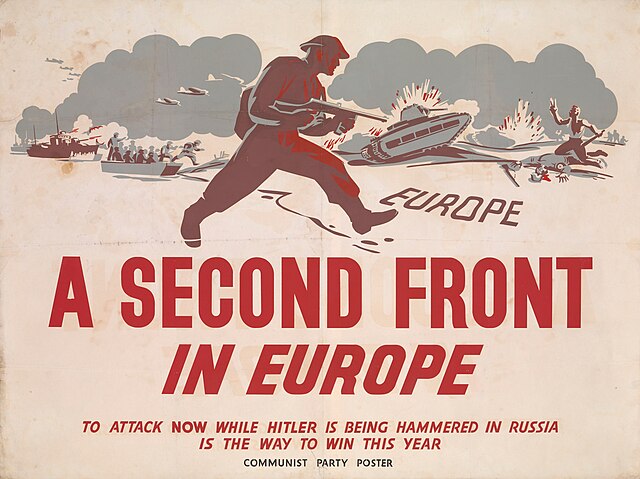J. R. Campbell (communist)
John Ross Campbell was a British communist activist and newspaper editor. Campbell was a co-founder of the Communist Party of Great Britain and briefly served as its second leader from July 1928 to July 1929. He is best remembered as the principal in the Campbell Case. In 1924, Campbell was charged under the Incitement to Mutiny Act for an article published in the paper Workers' Weekly. Campbell called on British soldiers to "let it be known that, neither in the class war nor in a military war, will you turn your guns on your fellow workers, but instead will line up with your fellow workers in an attack upon the exploiters and capitalists." He was sentenced to six months in prison.
J. R. Campbell (communist)
Communist Party of Great Britain
The Communist Party of Great Britain (CPGB) was the largest communist organisation in Britain and was founded in 1920 through a merger of several smaller Marxist groups. Many miners joined the CPGB in the 1926 general strike. In 1930, the CPGB founded the Daily Worker. In 1936, members of the party were present at the Battle of Cable Street, helping organise resistance against the British Union of Fascists. In the Spanish Civil War, the CPGB worked with the USSR to create the British Battalion of the International Brigades, which party activist Bill Alexander commanded.
The CPGB's General Secretary, Harry Pollitt, gives a speech to a large crowd outside the British Museum in support for the Aid to Russia Fund, 1941
CPGB poster supporting the British war effort against Nazi Germany during WWII
Harry Pollitt gives a speech to workers in Whitehall, London, 1941
William Alexander, representing to Politburo of the CPGB receives applause from the Presidium of the Fifth Congress of the Socialist Unity Party of Germany, East Berlin, 16 July 1958.





